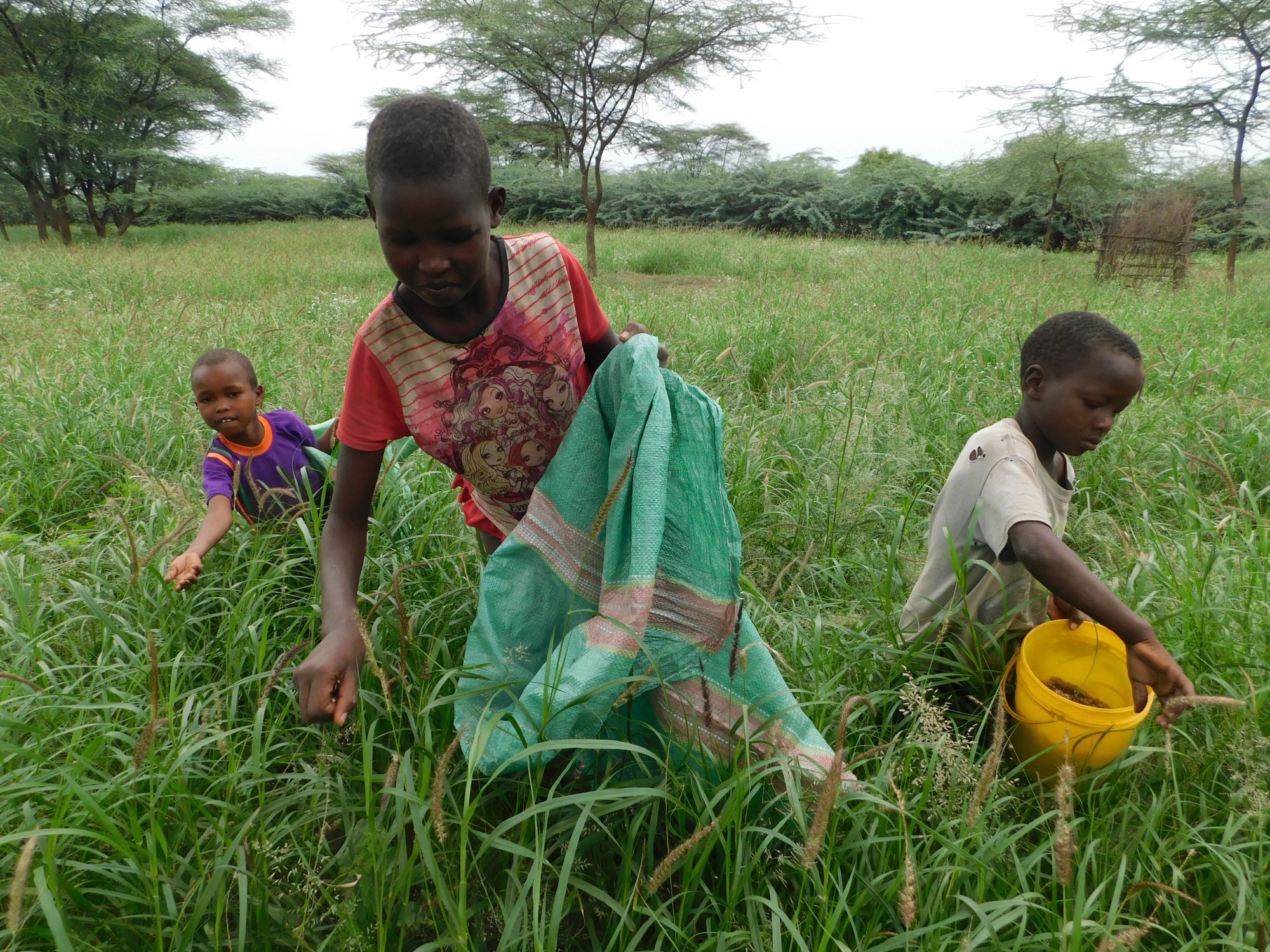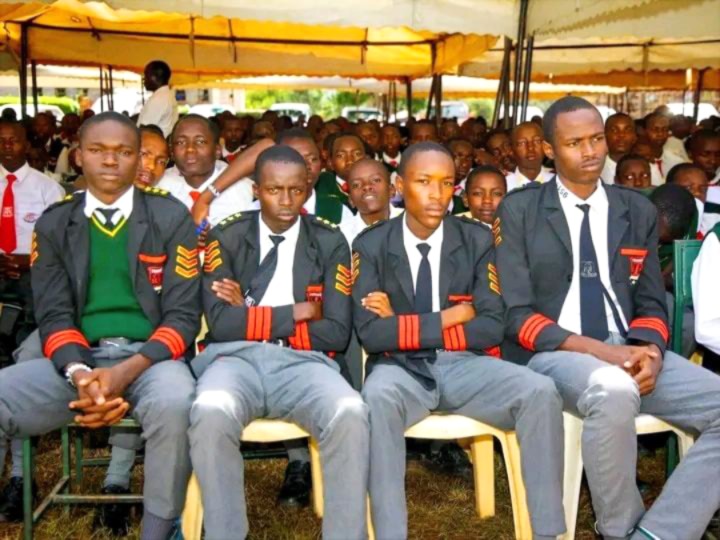In Ilchamus Ward of Baringo South Constituency, children can’t wait for the holidays to start earning money from seed harvesting in sprawling hay farms.
Not far from the shores of the raging Lake Baringo, Kerio Valley Development Authority (KVDA) is running a grass farming project mainly to produce seeds for export to as far as Saudi Arabia.
It is the work of children as adults find it a little childish to harvest grass, but the children derive a lot of fun as they meet their agemates while making money. The tall grass and the wild flowers growing among the meadows is really a kid’s paradise.
”Each morning the kids appear at my farm offering to help in harvesting the grass seeds not because they are driven by money, but because they really enjoy doing it,” Joseph Parkolwa, a hay farmer, reveals to Education News.
Pointing out that he first sought the consent of their parents, he said he chose to pay the children for the work they do.
According to Parkolwa, the soft hands of the children and their little fingers are just perfect in the science of harvesting the hairy seeds.
”Their small feet do not destroy the grass which can be revisited for a second and even third harvest,” said Parkolwa, who owns 20 acres of hay farm in Salabani location.
The children earn Ksh100 for every kilo of harvested seed. On a good day a child can harvest up to 5 kilos to make five hundred shillings that they use to buy food for their families and clothing for themselves.
Former Baringo County MCA Joseph Parsalach, a resident of Meisori village, reveals that every school holiday is a perfect time for families to earn extra cash through their children.
“Holidays are teaching many children about the value of work as a means of putting money in their pockets, a pillar of human survival. Whereas this may be considered as child labour by child rights groups, part of African tradition has always instilled in children the value of work and self-reliance,” he said.
Parsalach observed that times are changing and children need to learn how to earn money to guarantee their financial security, now and in the future.
According to Titus Katikit, a local administrator, many children no longer enjoy the luxury and bliss of childhood because of the biting poverty.
“Many children are the drivers of the local economies because they provide labour in the nearby irrigation farms. During school days, however, my office and other stakeholders ensure that all children of school going age are in class,” he said.
According to International Labour Organization (ILO), child labour is that which damages children’s health, threatens their education, and exploits and abuses them.
Unicef, the universal child rights custodian, does not oppose any work that children may perform at home, on the family farm, or for family business; as long as that work is no danger to their health and their wellbeing, and if it does not prevent them from going to school and enjoying childhood activities.
By Jeremiah Chamakany
jeremiahchamakany@gmail.com
Get more stories from our website: Education News
To write to us or offer feedback, you can reach us at: editor@educationnews.co.ke
You can also follow our social media pages on Twitter: Education News KE and Facebook: Education News Newspaper for timely updates.






